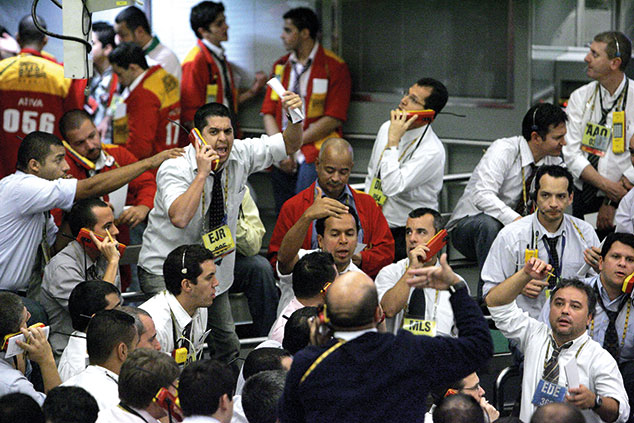
Brazil’s Ibovespa stock index has surged 21% over the past year. Yet that rally has been driven by domestic money. Foreign investors have withdrawn money amid scepticism about whether this reform story has further to run.
The passage of the pension bill could bring the “outperformance of Brazilian assets to an end”, says William Jackson of Capital Economics. After a strong run at the start of the year, the total return on the country’s stocks has been among the worst of any major emerging market since the first pensions vote on 10 July. “It looks like the good news on reform is already priced into local markets.”
The end of the reform story?
Brazil’s ballooning pensions bill was a serious threat to the nation’s future, say Paulo Trevisani and Jeffrey Lewis in The Wall Street Journal. Pensions accounted for a whopping 44% of the federal budget last year. Many public sector workers retire as early as their late 40s on handsome pensions. The reform should begin to stabilise federal finances that were getting dangerously out of control. So urgent had the issue become that “many took to the streets in rallies to demand a pension overhaul, rare in a country trying to roll back benefits”.
Yet while the legislation will help Brazil avoid bankruptcy, “it won’t spark growth”, says Leite. With GDP forecast to rise by less than 1% this year, the flagging economy “desperately needs a jump-start”.
Finance minister Paulo Guedes is pushing ahead with plans to overhaul the “byzantine” tax code and cut a bloated public sector, report Anthony Boadle and Jamie McGeever on Reuters. Yet where pension reform had been “debated in Congress for years before [Brazilian president Jair] Bolsonaro took office”, the rest of the Guedes agenda is likely to spark opposition.
A fight between rival factions for control of Bolsonaro’s own party is a barrier to further progress. Bolsonaro could also torpedo Guedes if he turns “his big mouth” on his economic team, Monica de Bolle of the Peterson Institute for International Economics tells the Financial Times. Buyers of Brazilian stocks will thus need strong stomachs. Civil unrest in neighbouring countries is a reminder that the risks are high. Yet for long-term value investors, stocks trading on a cyclically-adjusted price/earnings ratio of 17.4 are attractively priced. Just be prepared for turbulence.